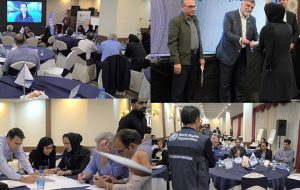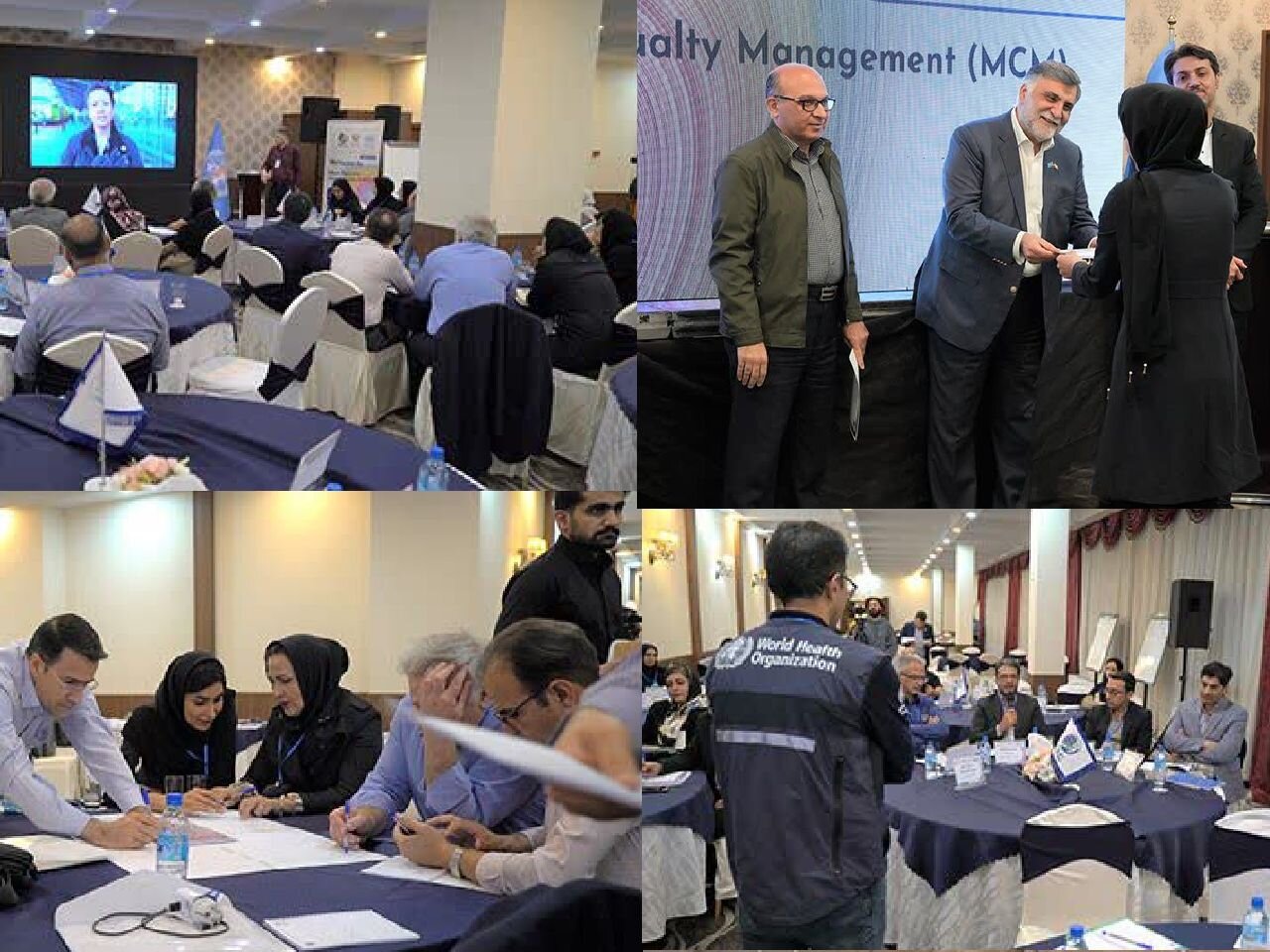Health professionals attend WHO course on managing mass casualty incidents
TEHRAN –Healthcare professionals have participated in a training course organized by the World Health Organization (WHO) on skills and knowledge needed to effectively manage mass casualty incidents (MCIs). Led by nationally certified facilitators trained by the WHO in June 2023, the course brought together a diverse group of healthcare professionals, including emergency medicine specialists, nurses,


TEHRAN –Healthcare professionals have participated in a training course organized by the World Health Organization (WHO) on skills and knowledge needed to effectively manage mass casualty incidents (MCIs).
Led by nationally certified facilitators trained by the WHO in June 2023, the course brought together a diverse group of healthcare professionals, including emergency medicine specialists, nurses, paramedics, and heads of emergency units.
The WHO has conducted its second mass casualty management (MCM) training course in Tehran (27–30 October 2024), empowering 38 first responders from the provinces of Sistan-Baluchestan, Hormozgan, Kerman, and Khorasan Razavi, the WHO website announced in a press release on November 12.
The initiative, funded by the European Civil Protection and Humanitarian Aid Operations (ECHO), underscores WHO’s commitment to enhancing emergency preparedness and response capabilities in the Region.
MCIs, characterized by a sudden surge of casualties that can overwhelm existing healthcare resources, pose a significant challenge to healthcare systems. MCIs can have many causes, including natural disasters, accidents, and acts of violence. WHO’s MCM training aims to address systemic gaps in emergency response by establishing minimum standards and providing specialized training for frontline MCI healthcare providers.
“During critical events, hospital-based emergency units are vital in providing immediate medical assistance and triaging patients effectively,” said WHO representative to Iran Jaffar Hussain.
“When these units become overwhelmed, both direct and preventable mortality rates can rise significantly. By empowering health care professionals with the necessary skills and knowledge we can improve emergency response capacities and save lives during crisis situations in the Islamic Republic of Iran.”
WHO’s proactive approach to MCM training reflects its dedication to strengthening health systems and ensuring that countries are better prepared to respond to emergencies. Through initiatives such as this, WHO plays a crucial role in safeguarding health and well-being globally.
The first National Training of Trainers Workshop on MCM was held from July 16 to 19, 2023 in Tehran.
Twenty-five emergency medicine specialists from 18 medical universities in 13 provinces attended this course, organized in collaboration with the Deputy for Curative Affairs of the Ministry of Health and Medical Education and the Health Managers Development Institute.
Supervised by experts from the Regional Office, along with local experts, the participants learned how to develop a mass casualty management plan for the emergency unit that would promote efficient response, communication, resource utilization, and ultimately the safety of the staff and patients.
The participants actively practiced the learned skills in tabletop exercises using scenarios of mass casualties from the point of triage to the allocation of resources, and ultimately to the definitive treatment pathway.
This workshop not only provided the participants with the knowledge and skills required for developing a mass casualty management plan for their respective hospitals but also taught them how to effectively transfer this knowledge to others responsible for emergency response management, thereby contributing to increased preparedness for mass casualty incidents in the country.
MT/MG
